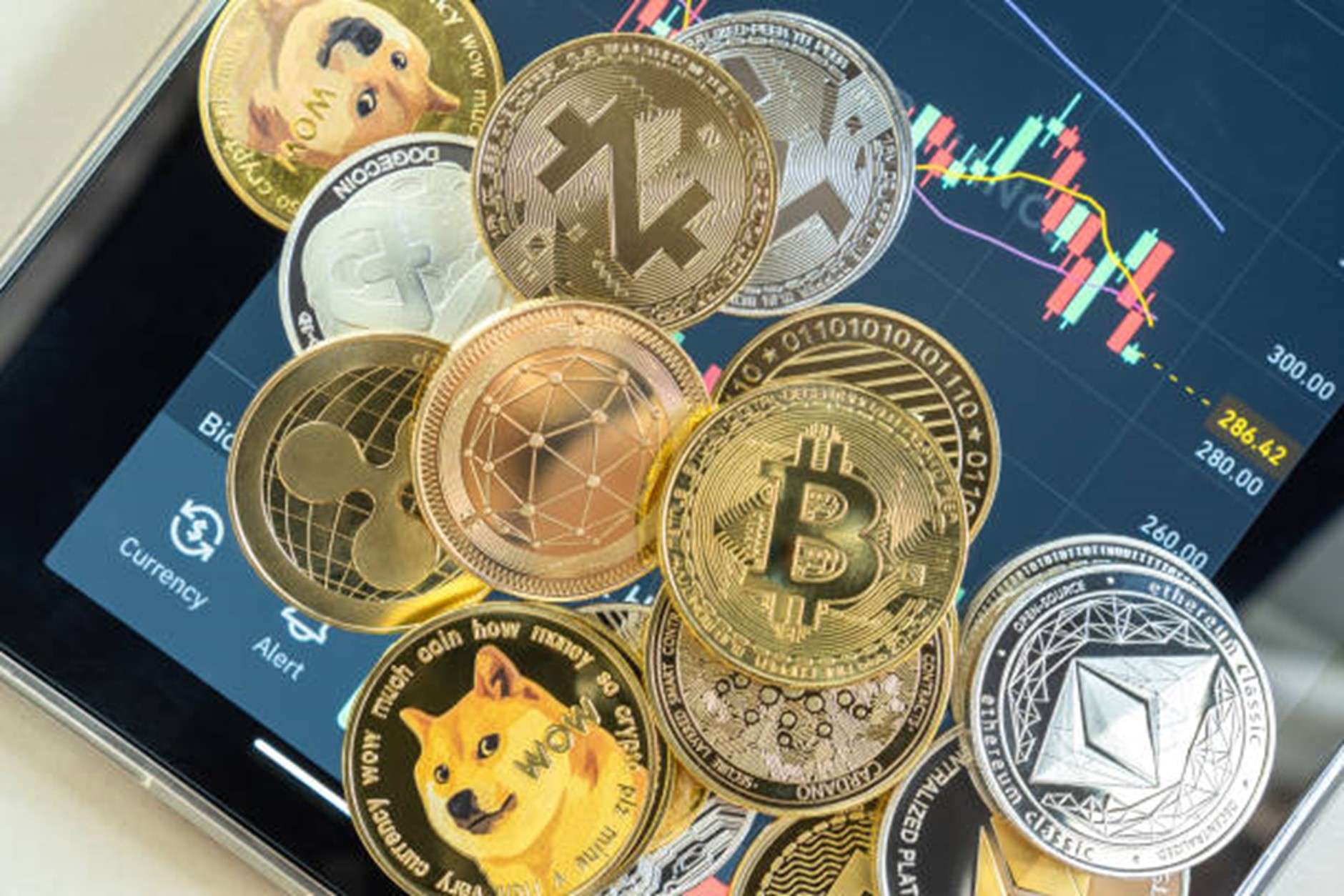The year 2023 witnessed a remarkable surge in the cryptocurrency domain, marking a significant era in the digital finance world. This period was characterized by substantial advancements, widespread adoption, and a plethora of intriguing developments that captivated both seasoned investors and newcomers alike. The landscape of crypto evolved at an unprecedented pace, reshaping the financial sector and reinforcing its place in the global market.
Asia’s Growing Embrace of Cryptocurrency
One of the most notable trends of 2023 was the enthusiastic adoption of cryptocurrency in Asia. Countries like India, Vietnam, and Thailand led the charge, as shown by Chainalysis’ “2023 Global Crypto Adoption Index.” These nations, mostly classified as lower-middle-income countries, showed a keen interest in digital assets, with adoption rates surpassing those seen in the previous bull run of 2021. Despite a global downturn in crypto engagement following the 2022 collapse of the FTX exchange, these nations demonstrated resilience and robust recovery.
India, in particular, emerged as a heavyweight in the crypto market, ranking second globally in transaction volume. The country’s unique approach to crypto transactions, including a 1% tax deducted at source, highlighted its distinctive strategy in managing digital currencies.
Regulatory Landscapes and Institutional Forays
The year 2023 also saw over 40 countries actively engaging in creating regulations and legislation for cryptocurrencies, as per a PwC report. These efforts focused on stablecoins regulation, compliance with the Financial Action Task Force’s Travel Rule, licensing and registration, and developing comprehensive crypto regulatory frameworks.
Countries displayed varying levels of engagement, with some like Japan, the Bahamas, and several EU states showing extensive involvement, while others, such as Uganda, India, and Brazil, took a more measured approach. The Travel Rule emerged as a key topic of discussion, with most countries participating in it. In contrast, stablecoin issuance guidelines garnered less attention, with several countries not addressing this issue in 2023.
On the institutional front, BlackRock made a monumental move by filing for a Bitcoin ETF with the U.S. Securities and Exchange Commission, aiming to establish the first product of its kind in the United States. This move was followed by an application for a spot Ether ETF, marking a significant step in the evolution of cryptocurrency investment vehicles in the U.S.
The Global Crypto Narrative: Beyond Borders
The crypto revolution of 2023 extended far beyond Asia and institutional investors. In Spain, the number of registered crypto firms soared by 56%, with international platforms like Revolut and Crypto.com obtaining licenses. This growth coincided with the Spanish government’s proactive stance on crypto regulation, including the early implementation of the EU’s Markets in Crypto-Assets regulation.
Real-world asset tokens also saw a surge in mainstream interest, with the Boston Consulting Group estimating the tokenized real-world asset market to reach a valuation of $16 trillion by the decade’s end. The real estate sector, in particular, witnessed a 102% increase in on-chain value, highlighting the growing influence of digitalization in traditional asset classes.
Hong Kong opened its doors to retail investors for crypto trading, implementing stringent rules to safeguard investors. This move was complemented by the readiness of the Securities and Futures Commission to review applications for digital asset spot ETFs.
Turkey’s economic landscape, burdened by inflation, saw a notable pivot to Bitcoin, with a 52% increase in crypto users. This trend was mirrored in other inflation-stricken countries like Brazil and Nigeria, underlining crypto’s role as a hedge against economic instability.
The U.S. market welcomed EDX Markets, a new crypto exchange backed by Wall Street giants, further cementing the intertwining of traditional finance and digital currencies. Similarly, the launch of the Canton Network, supported by financial behemoths, marked another milestone in integrating blockchain technology into mainstream financial markets.
In Germany, major banks, including Deutsche WertpapierService Bank and DZ Bank, ventured into crypto, offering digital asset custody services and reinforcing the trend of traditional financial institutions embracing digital currencies.
And so, the crypto explosion of 2023 was a multifaceted phenomenon, transcending geographical and institutional boundaries. It was a year that solidified the role of digital currencies in the global economy, marked by regulatory advancements, institutional acceptance, and widespread adoption across continents.





